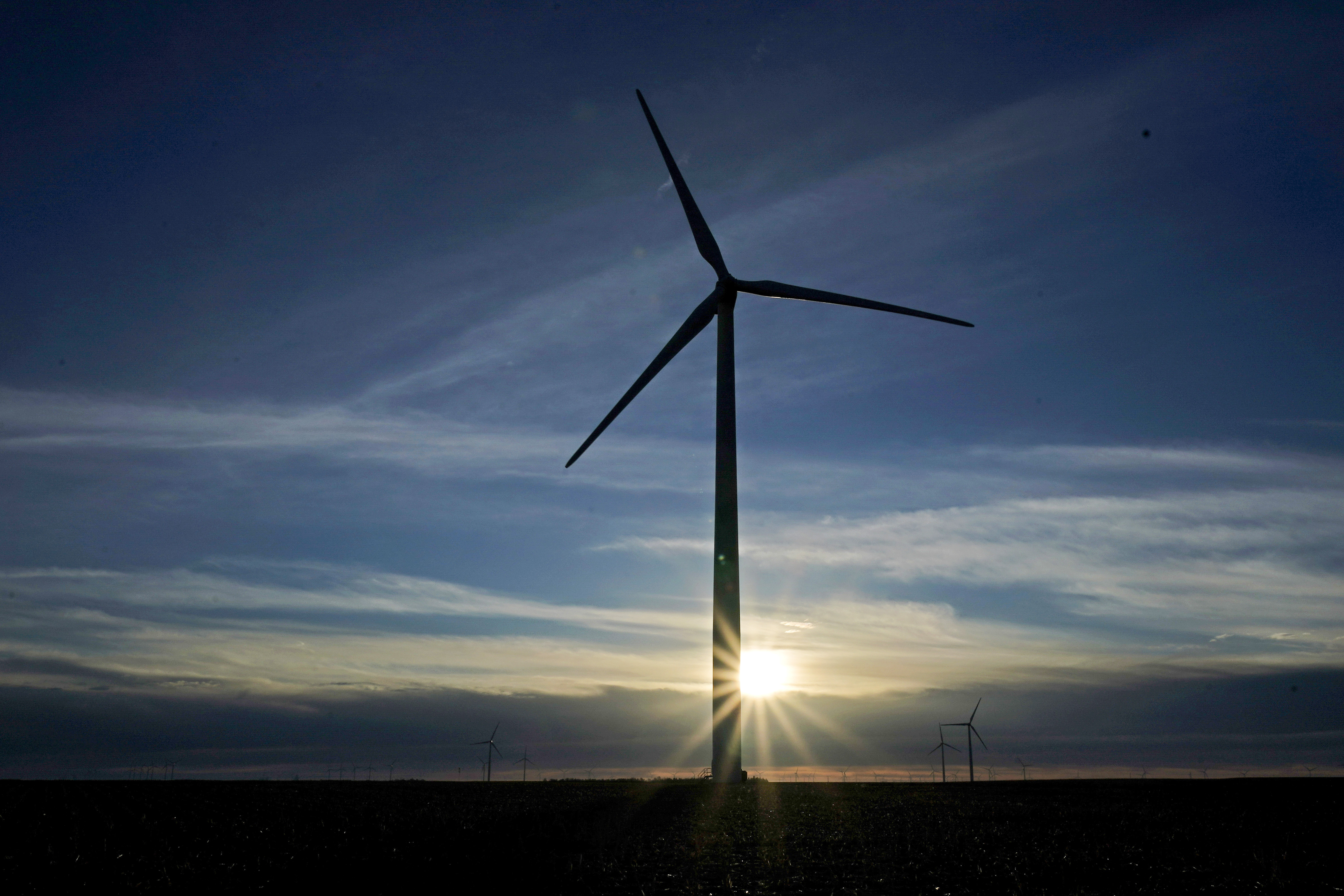
Keep up with energy-related developments in the Great Lakes area with Great Lakes Now’s biweekly headline roundup.
Click on the headline to read the full story:
Illinois:
- Lawmakers headed back to Springfield for votes on an elected Chicago school board and an energy package that includes bailout for nuclear plants – Chicago Tribune
State lawmakers will return to Springfield next week to take up two controversial issues that stalled in the final hours of the spring session: a statewide energy package and an elected Chicago school board.
The Illinois Senate will convene Tuesday to vote on an energy bill that would include hundreds of millions of dollars in subsidies for nuclear plants owned by the parent company of scandal-plagued Commonwealth Edison.
Indiana:
- Citing ‘Out-of-Control EPA,’ Rokita Joins Petition to Limit Clean Air Oversight – Indiana Environmental Reporter
The Hoosier State is fighting the Biden administration’s efforts to decarbonize power generation by questioning whether the federal government has been granted that power by Congress.
Indiana Attorney General Todd Rokita joined the attorneys general of 18 other fossil fuel-dependent states in filing a petition asking the U.S. Supreme Court to review the limits of the U.S. Environmental Protection Agency’s power to regulate environmental issues.
Michigan:
- Consumers Energy to hike electricity rates by 50% during peak hours this summer – Detroit Free Press
Consumers Energy implemented a new summer pricing program that increases rates 50% during peak hours.
Serving 1.6 million residential homes, Consumers Energy’s new rates will take place from 2-7 p.m., the times with the highest energy usage, every weekday from June 1 through September.
“The idea is that energy is much more expensive at those certain times of day,” said Consumers spokesperson Brian Wheeler. “You know, if you imagine a 90-95 degree day in Michigan in the summer, that’s when homes are turning on their air conditioners, and so the demand for electricity can double on days like that.”
- DTE met with opposition after filing to increase rates on average by 11% per household – WXYZ Detroit
(WXYZ) — Just as signs point to an economic recovery from the pandemic, and as many of us are returning to work, portions of those paychecks may be heading toward increased utility bills.
DTE Energy has filed a rate increase request for its gas services to the tune of $195 million, which would bump the average bill up 11 percent for residential customers.
Minnesota:
Environmental protesters clashed with police on Monday after occupying a pump station as they rallied against Enbridge Inc’s (ENB.TO) Line 3 pipeline in Minnesota, while Enbridge said it had evacuated 44 workers from its site.
Line 3, which entered service in 1968, ships crude from the Canadian province of Alberta to U.S. Midwest refiners, and carries less oil than it was designed for due to age and corrosion. Owner Enbridge is replacing the pipeline so it can roughly double the amount of crude it transports. The pipeline is key to landlocked Alberta’s efforts to boost crude exports from its oil sands.
Ohio:
- First Solar to Build New Solar-Panel Factory in Ohio – Wall Street Journal
WASHINGTON—The biggest American-owned solar-panel maker is set to announce plans Wednesday to invest $680 million in a new Ohio factory, in one of the largest bets on domestic solar manufacturing since China began dominating the industry a decade ago.
First Solar Inc., FSLR 1.12% based in Tempe, Ariz., said it plans to begin construction after necessary permits and local incentives have been secured and is aiming to open the plant early in 2023.
Ontario:
- How Ontario’s energy industry wants to reach net-zero – Canada’s National Observer
The industry group representing Ontario energy producers is urging governments to accelerate the adoption of clean technology now if they want to reach net-zero emissions without disrupting consumers’ lives.
The Ontario Energy Association (OEA) outlines its suggestions for how the province could reach the federally set goal of net-zero emissions by 2050 in a policy paper released Wednesday morning. Though the group says the expansion of renewable sources like wind and solar could play a significant role, it also argues governments should focus on lowering emissions from natural gas instead of phasing it out entirely.
Catch up on other Great Lakes energy headlines here:
Wolf takes next step to start carbon emissions caps in 2022
Clean megaprojects divide surprise group: environmentalists
With Line 5 closure, a ‘game of chicken’ over how to heat Upper Peninsula
API key not valid. Please pass a valid API key.Featured image: In this Jan. 13, 2021, file photo a wind turbine is silhouetted against the rising sun Wednesday, Jan. 13, 2021, near Spearville, Kan. (AP Photo/Charlie Riedel, File)




